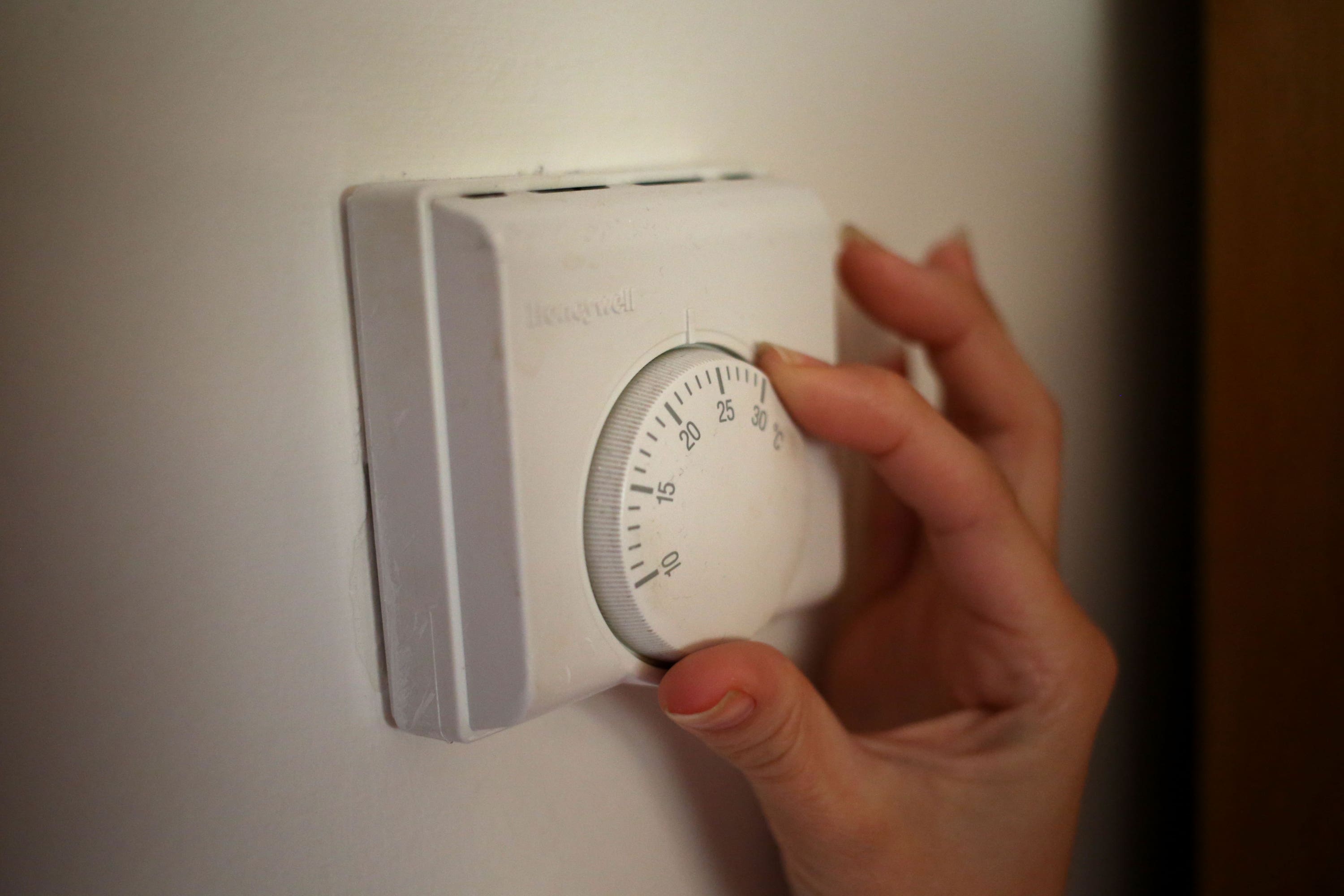Nearly half of all Britons say they plan to ration their energy use this winter as bills are set to rise 10 per cent from 1 October.
The findings from a new survey show the scale of the difficulty many households will face in the coming months as the average bill goes up £149.
Charities are now calling on the government to provide more support to households that will struggle to heat their homes this winter. It comes as ministers continue to come under intense criticism for their refusal to consider amendments to the means-testing of winter fuel payments for pensioners.
The survey, carried out by YouGov on behalf of National Energy Action, found that 46 per cent of adults are likely to use less energy than they need this winter to save on bills. Around a quarter of people also say they found it difficult to cover their energy bills last year, rising to 45 per cent for low-income households.
National Energy Action researchers point out that the price cap increase leaves 6 million UK households in fuel poverty as the price cap reaches £1,717. This is where more than 10 per cent of their income needs to be spent just on bills.

Alongside this, energy debt rose to £3.7bn in recent weeks, up £400m in the last quarter. The figures lay bare the stark energy crisis that the UK faces, as prices remain stubbornly high.
Two consecutive energy price cap drops had raised hopes that there may be a third to come in October. Instead, the colder months will bring a rise of only £117 cheaper than last year.
Chief executive at National Energy Action Adam Scorer said: “Millions of households face another dreadful winter, resigned to increasing energy debt or not heating their homes at all. We find ourselves stuck in a predictable loop of increasing prices and inadequate support.
“Whether or not wealthy pensioners should receive help with their energy bill, the decision to restrict the winter fuel payment has put more vulnerable pensioners at risk.
“There is still time for the UK government to increase the support provided through the Warm Homes Discount scheme and to work with Ofgem and energy suppliers to provide direct support to reduce bills, help people at risk of self-disconnection and tackle record levels of energy debt.
“But this must be the last winter for the quick fix. Government needs a plan to tackle debt, to tackle affordability and to deliver warm homes.”
A government spokesperson said: “The rise in energy bills is a worry for many families, putting in sharp focus the consequences of being too reliant on international oil and gas markets. That’s why we are pushing ahead with our mission for clean, homegrown power by 2030.
“We will also do everything possible to support vulnerable families this winter – including with the £150 Warm Home Discount expected to support three million eligible households, while around 1.3 million households in England and Wales will continue to receive up to £300 in winter fuel payments.”

